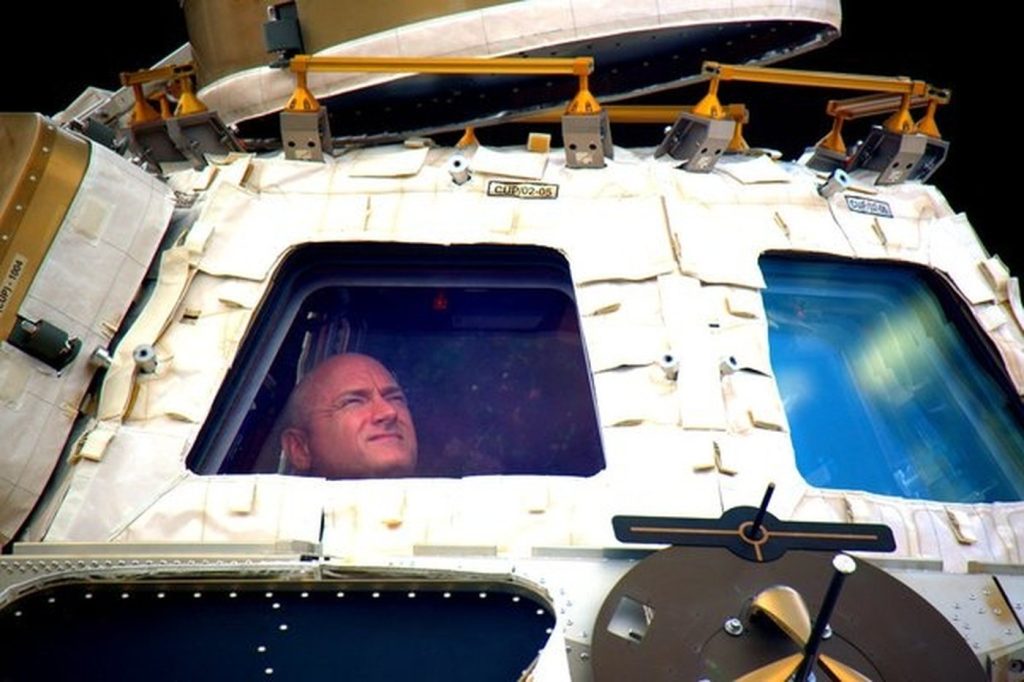This weekend, the International Space Station (ISS) celebrates an incredible milestone: 25 years of continuous human habitation in space. The ISS has hosted nearly 300 visitors, primarily professional astronauts but also a handful of space tourists and filmmakers. The journey began with the first full-time occupants who opened the hatch on November 2, 2000, and since then, there has not been a moment without inhabitants aboard.
As the ISS approaches the end of its operational life, with only five years remaining, NASA is looking to private companies to take the lead in launching new, commercially viable orbiting stations. This shift aims to broaden the scope of clientele beyond traditional astronauts, expanding into space tourism and other sectors.
The Space Station's First Astronauts
The inaugural crew consisted of NASA's Bill Shepherd, along with Russia's Sergei Krikalev and Yuri Gidzenko, who launched aboard a Russian Soyuz rocket from Kazakhstan on October 31, 2000. Upon arrival, they entered a cramped, dark, and humid three-room station, where they spent almost five months transforming the environment into a functional living space. Shepherd, a former Navy SEAL, has remarked on the strong interpersonal relationships maintained between space agencies, despite political tensions between the U.S. and Russia.
290 Visitors and Counting
According to NASA, 290 individuals from 26 different countries have visited the ISS to date. Currently, seven astronauts from the U.S., Russia, and Japan are aboard. The early visitors were largely government-funded, but the landscape changed with the arrival of California businessman Dennis Tito, who paid for his flight with Russian authorities in 2001, despite NASA's objections. Space tourism has since been embraced by NASA, which now invites private crews for two-week missions, amidst a growing list of international participants, including astronauts from India, Poland, and Hungary.
Close Calls Aboard the Space Station
While operations may appear routine, hardships and dangers persist. Notable incidents have included a spacewalker's near-drowning, a disastrous docking maneuver that spun the station, and ongoing challenges from air leaks and space debris. Bill Shepherd expressed astonishment at the station's endurance, considering it has exceeded its intended design life in many aspects.
Touches of Home
Living conditions on the station have significantly improved since the early days. Shepherd describes it now as a "four-star hotel" for astronauts, who enjoy amenities like an internet phone and a cupola for breathtaking views of Earth. The ISS has witnessed cultural moments such as Canadian astronaut Chris Hadfield performing music from space. Moreover, it has hosted experimental gardens producing food items like chile peppers and zinnias, although essential comforts like showers and laundry facilities remain unavailable.
Highs and Lows of Station Life
Astronauts have celebrated milestones, including marriages and the birth of children, while residing on the ISS. Mike Fincke returned to the station more than two decades after he famously joined his wife during the delivery of their child via a video call. However, the emotional toll of space life is evident, marked by tragedies and personal hardships that some astronauts have faced during their missions.
Science in Zero Gravity
Researchers aboard the ISS have conducted thousands of experiments focusing on various scientific fields, including medical research prompted by a blood clot discovered in an astronaut’s jugular vein. The station has also facilitated groundbreaking studies, such as the one involving twin astronauts Scott and Mark Kelly, who helped further our understanding of the impact of prolonged space travel on human biology.
SpaceX Will Handle the Station's Demise
As the ISS approaches its end of service, NASA has contracted SpaceX for nearly $1 billion to safely deorbit the station in early 2031. A heavy-duty capsule will be launched to guide the ISS towards a controlled reentry over the Pacific Ocean. In anticipation of the ISS's demise, Axiom Space plans to detach a module that will serve as the basis for its own future space station. With various companies vying to establish their own orbital platforms, NASA aims to ensure a seamless transition in human presence in space.












